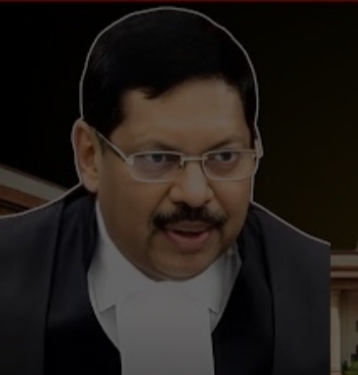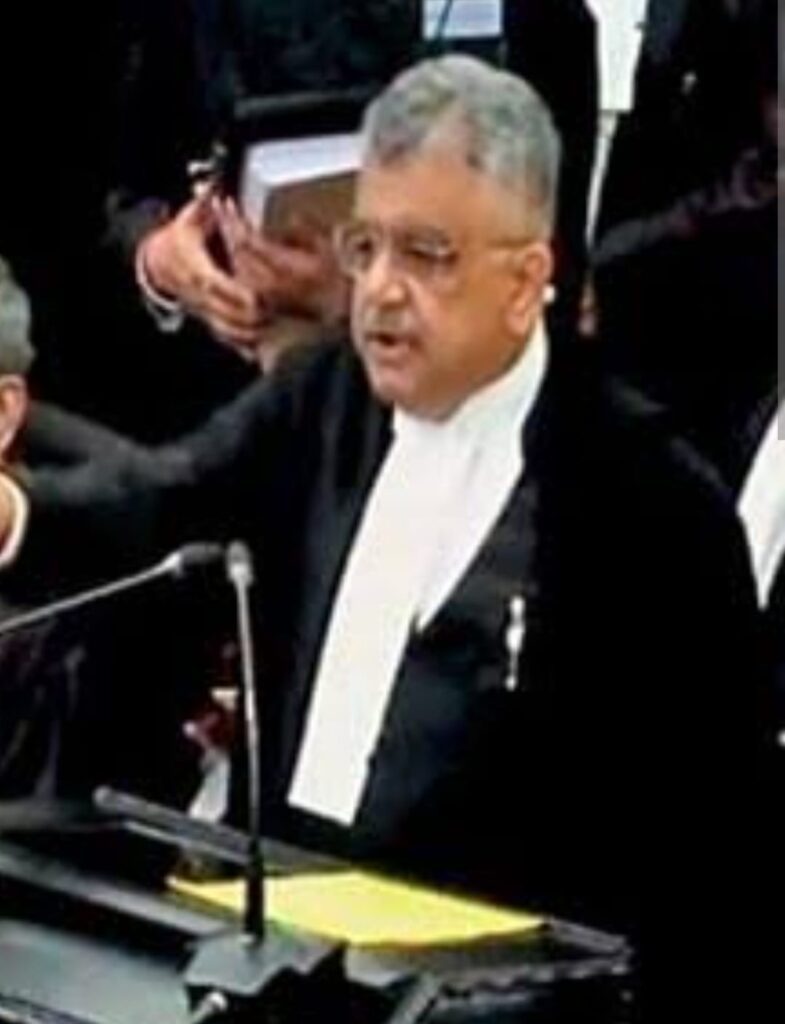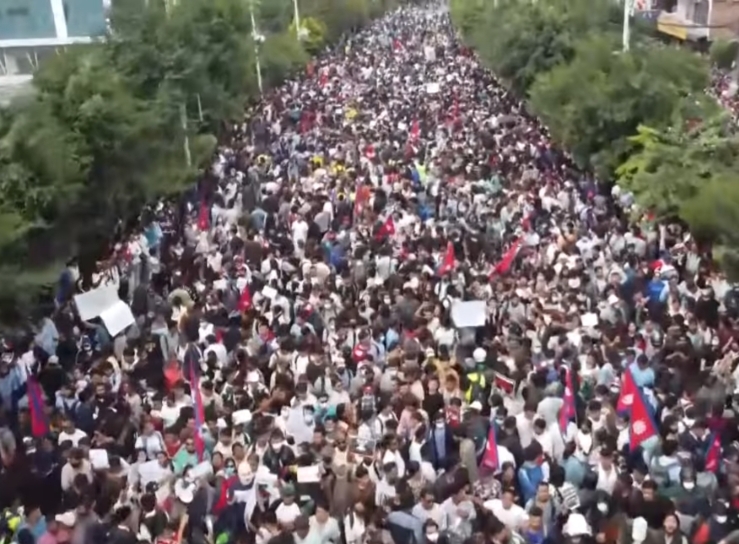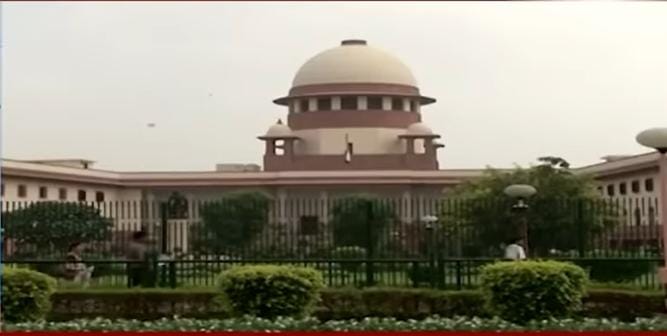

SC WARNING ON GUV’S ROLE STUNS CENTRE AS IT CITES NEPAL AS A REMINDER
NEW DELHI: In a rare and sharp observation, the Supreme Court on Wednesday cautioned the Union government to remain mindful of developments in India’s neighbourhood, particularly Nepal, while addressing concerns over gubernatorial delays in clearing state legislation. The remark, made by Chief Justice of India B.R. Gavai during a Presidential reference hearing, has sent ripples through political and legal circles, with reactions ranging from concern to vindication.
The case pertains to the Court’s April 12 order that set deadlines for Governors and the President of India in dealing with Bills passed by state assemblies. The ruling sought to curb the practice of indefinite inaction on such legislation.
Appearing for the Centre, Solicitor General Tushar Mehta strongly defended the discretionary powers of Governors. But the bench, led by CJI Gavai, pressed him on why Governors were withholding Bills for months—sometimes beyond the one-month window prescribed by the Constitution.
It was in this context that the Court issued its pointed caution: “One must look at what is happening in our neighborhood.” Legal experts interpreted this as a veiled reference to Nepal, where frequent constitutional stand-offs between the executive and legislature have triggered political instability. The Supreme Court’s invocation of Nepal is being seen as both a reminder and a warning—urging the Indian government to avoid similar institutional frictions.
The comment has triggered sharp political responses. Aam Aadmi Party leader Sanjay Singh welcomed the Court’s stance, urging the Modi government to “take note of the dangers of undermining federal principles.” Singh argued that Governors were increasingly being used to block the legislative process in opposition-ruled states.
Congress leader and senior advocate Abhishek Manu Singhvi echoed similar concerns. In a separate intervention, Singhvi also cautioned the Election Commission of India against rushing into action on the double-voting allegations against Congress spokesperson Pawan Khera, calling it “a manufactured case.”
Observers note that this is the first time the top court has so directly linked India’s internal constitutional tensions with developments in the region. The timing, too, is significant: with multiple state legislatures complaining of Bills being stalled by Governors, the Court’s words are likely to embolden opposition parties while cornering the Centre.
For the Modi government, the Supreme Court’s reference to Nepal is a stinging reminder that institutional deadlocks, if unchecked, could have destabilizing consequences far beyond routine political disputes.







